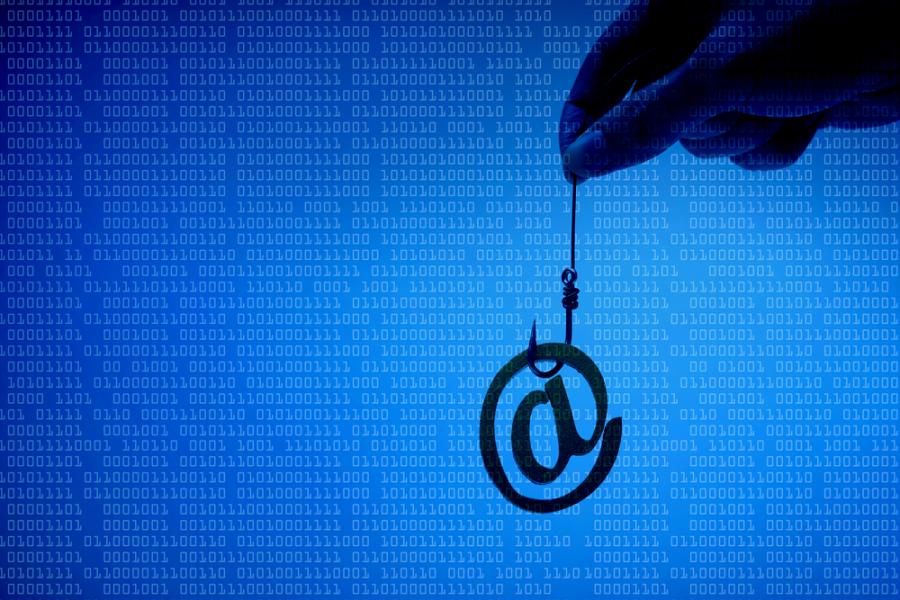Email Phishing: top tips to avoid phishing scams.
Email phishing can happen to anyone. A few years ago, we came across a situation where the cyber criminals were posing as Catalyst IT.
Phishing attacks disguised as Catalyst IT
That particular scheme involved the scammer posing as a Human Resource Manager that emailed individuals on the pretence of recruiting for a position at Catalyst. After some initial job chat, the scammer went on to suggest that the interested applicant needs to complete some training (in that case it was Cisco training), in order to receive a final job offer. They then offered to register the candidate for the training, asking for a payment of $300.
Those emails looked very authentic – you could be forgiven for believing they are real.
Top tips to avoid phishing scams
Know how to identify phishing scams
Phishing may come to you in various forms, through emails and even text messages. For this reason, it’s crucial that you know how to identify a phishing message from an authentic one. One of the most common forms scammers use is an email where they use an almost identical email domain of an official company. This often happens to financial institutions, as cyber attackers try to gain access to people’s bank accounts and other financial platforms.
When you want to know how to identify phishing scams, you must first make sure to check the source of incoming emails and messages to you. A good example is, if you receive a message from “your bank,” remember that they will never ask you to send your password or personal information via an email or SMS. Nor will they text you a link asking you to log into your account. When you see messages like this, it’s likely a scam and it’s best to delete ad report the email or mobile number right away.
Be mindful when clicking links
Suspicious links, whether on emails, social media messages or text messages must not be clicked. Make sure you check for its authenticity before you click on them. But it is best to just go to the providers / your usual members log in area separately via a new browser, and log in as you normally would, rather than click on a link received. Today, many links contain viruses that can infiltrate your system without you knowing, so be careful!
Be cautious with online deals
Remember that while many online deals are very tempting, they can be scams. It’s easy to get swayed by persuasive emails and advertisement. Be on the lookout for too-good-to-be-true offers.
Avoid visiting lesser known websites
Scammers set up websites to lure unsuspecting visitors and buyers to. If you receive an invitation to shop at a company’s site that you’ve never heard of, stop and think twice. Avoid becoming a victim of phishing tricks that could involve you losing a lot of money.
How to report a phishing attack in Australia
The Australian Government has an official site where you can recognise and report scams.
